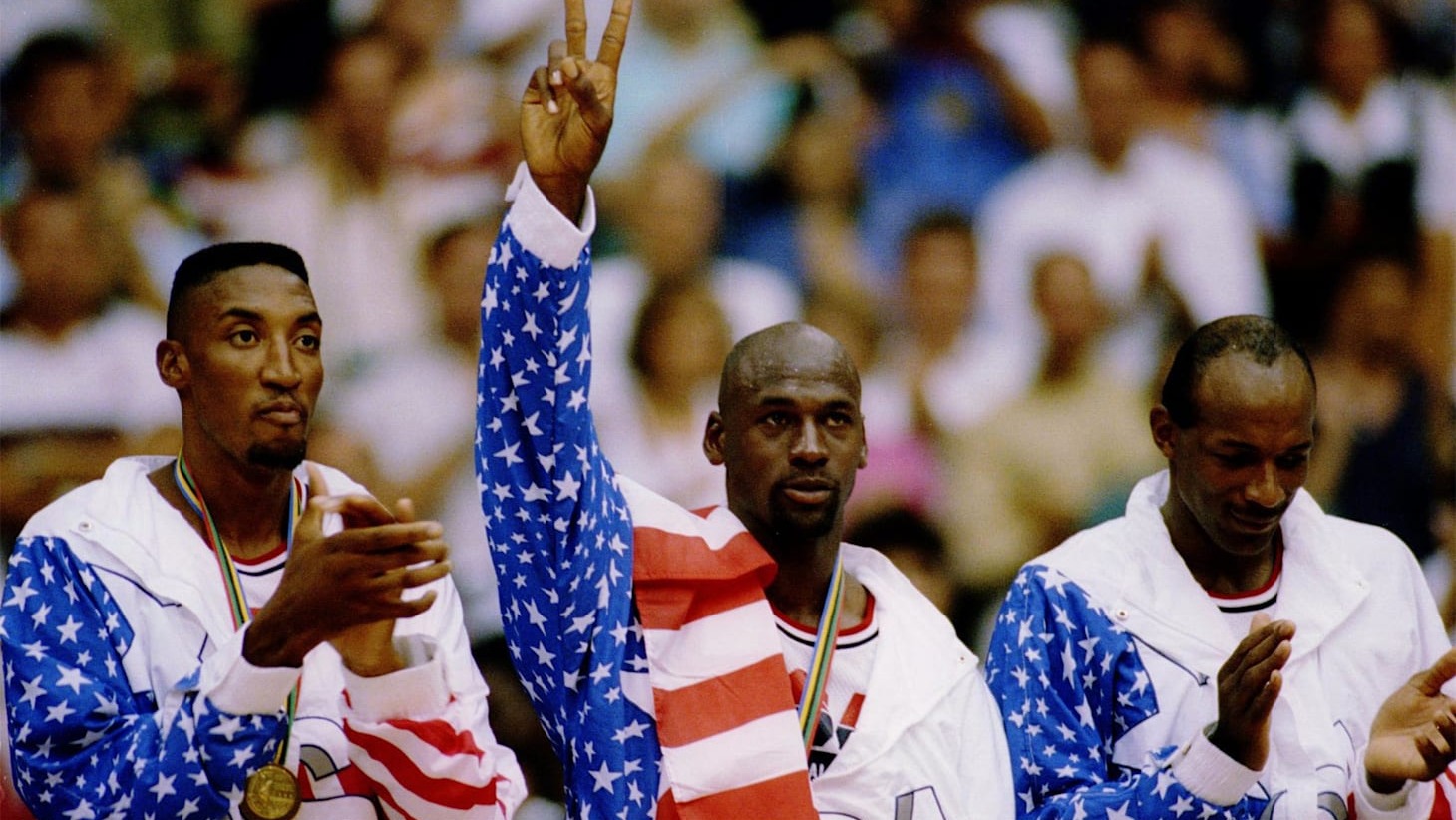The 1992 Barcelona Olympics were epic and memorable for several reasons.
Few editions of the modern Olympics were as glamorous and memorable as the 1992 Barcelona Games. Held from July 25 to August 9 in a historic and picturesque city situated along the northeastern coast of Spain, the Games attracted athletes from 169 nations and captured some of the most iconic moments in Olympic history.
Here are five reasons why the 1992 Barcelona Olympics were memorable.
The Dream Team cometh
For the first time in Games history, professional basketball players were allowed to compete for their country. The NBA seized the opportunity to promote the league before an international stage and sent 11 of their best and most popular players, led by Michael Jordan, Charles Barkley, Magic Johnson, and Larry Bird, to represent the United States with a mission to regain the gold lost four years earlier.
The result on the court went pretty much as expected; the Dream Team waltzed to the gold medal by an average winning margin of 43.8 points. But it was the pandemonium they caused off the court that made their Barcelona stint just as memorable as throngs of screaming fans followed them wherever they went.
“It was like Elvis and the Beatles put together,” was how Dream Team coach Chuck Daly famously described the madness.
The Golden Boy fulfills a promise
Around two-plus years before the 1992 Olympics, 17-year-old American boxer Oscar De La Hoya made a promise to his mother, who was dying of cancer, that he would win gold in Barcelona in her honor. After Cecilia De La Hoya passed away in October 1990, Oscar set out to fulfill his mother’s dying wish.
De La Hoya qualified for the Olympics as a lightweight, where his path to the gold medal was fraught with danger. But after he upset his highly-regarded Cuban opponent in his very first bout, there seemed to be no stopping De La Hoya. In the gold medal match, he defeated Germany’s Marco Rudolph, who had previously beaten him in another international tournament.
His destiny fulfilled, the American press bestowed upon De La Hoya a nickname that would resonate to this day: Golden Boy.
A dazzling opening ceremony
There are Olympic opening ceremonies, then there’s the 1992 Barcelona Olympics opening ceremony. Under a spectacle of lights and music at the Estadi Olímpic de Montjuïc that was to become the standard for all future opening ceremonies, the Games were formally opened by King Juan Carlos I.
The night culminated with the traditional lighting of the Olympic cauldron, and even here Barcelona was unique. Spanish basketball player Epi was the last torchbearer, and he handed over the flame to paralympic archer Antonio Rebollo, who released a flaming arrow past the cauldron and ignited the Olympic flame to thunderous applause.
Derek Redmond finishes the race
Sometimes, the best Olympic moments come in defeat. British sprinter Derek Redmond proved this in 1992 when, as a competitor in the men’s 400m semifinal, he tore his hamstring and fell to the ground, his race seemingly over.
But Redmond got up to his feet and insisted on finishing the race. While he was limping to the finish line, his father Jim broke through security and rushed to his aid, helping him make it to the end. Redmond didn’t win a medal and was officially listed as “Did Not Finish” because he had help from his father, but he earned something just as valuable: the crowd of over 60,000 gave father and son a standing ovation.
The Unified Team joins forces one last time
Political upheaval had rocked the world in the years before Barcelona, with Germany unifying and the Soviet Union disintegrating into several independent states. For the 1992 Games, the former Soviet states were allowed to participate as a group one last time under the name Commonwealth of Independent States or more popularly, the Unified Team.
The Unified Team were composed of athletes from Armenia, Azerbaijan, Belarus, Georgia, Kazakhstan, Kyrgyzstan, Moldova, Russia, Tajikistan, Turkmenistan, Ukraine, and Uzbekistan, even as former states Estonia, Latvia and Lithuania decided to send their own teams.
In the end, the Unified Team showed one last time the might of the former Soviet sports machine as they edged the United States in the overall medal tally, 112-108, including a 45-37 advantage in gold medals won.
Banner image from Olympics.
Related Stories:
7 Sports You Probably Didn’t Know Were Part Of The Olympics
Paris-Bound: The Filipino Athletes Qualified For The 2024 Olympics
EJ Obiena: On Wearing the Flag and the Olympic Dream
